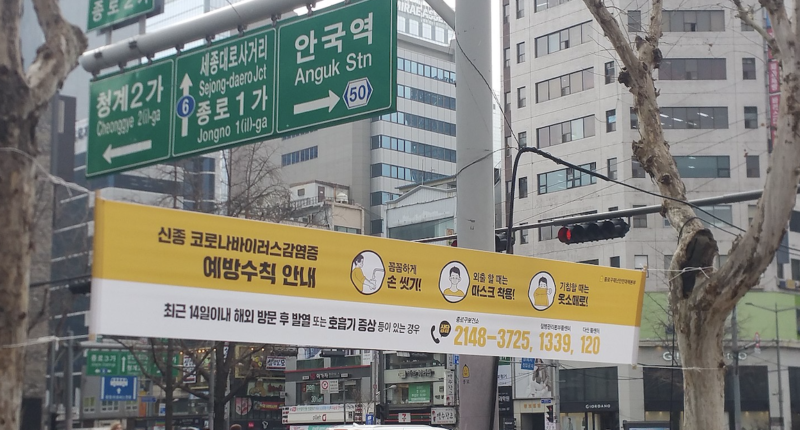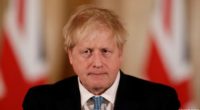Thus far, experts have lauded South Korea’s health system reshuffling and contact tracing campaign as keys to resolving domestic medical shortages and flattening the curve.
Regrettably, this global success story is now being tarnished by a fourth wave of Delta-driven infections that set a new record of 1,838 daily cases on July 21st. Largely responsible for this is the government’s excessive prioritization of economics over public health.
Driven by a dangerous sense of complacency with the domestic coronavirus situation, the Korean administration has been eagerly plotting a return to the pre-Covid normal. Back in May, it announced the lifting of the mask mandate for vaccinated individuals despite cases hovering around the 600-mark, only to reverse this decision as infections spiked. Similarly, quarantine exemption has been expanded to overseas travelers inoculated with WHO-approved vaccines for business and humanitarian purposes since the start of July.
Although these economically liberalizing policies are comparable with those of other OECD countries, they should only be enacted when accompanied by high vaccination rates. South Korea’s percentage of the population with at least one vaccine dose stands at 30.4% as of July 21st, lagging significantly behind Western countries and even being surpassed by neighboring Japan for the first time. The country’s vaccine rollout has further stagnated during the past week as soaring demand filled all reservation slots, sparking public outcry as young workers and students were left vulnerable to the highly contagious Delta variant.
As cases spiked, the government tightened coronavirus curbs and raised social distancing rules to Level 4 in Seoul and surrounding areas last week, advising people to remain at home, banning rallies, instituting remote learning, and limiting gatherings to two people after 6.00 p.m. These restrictions, however, appear alarmingly lenient for the country’s current vaccination status.
Taiwan, for instance, has maintained a Level 3 nationwide alert since May that banned all indoor dining and closed public venues like sports centers, cinemas, and libraries. This policy was further extended to July 26th despite cases having remained within double digits for the past month to reconcile the island’s vaccine shortage. In stark contrast, South Koreans continue to dine in restaurants and cafes and frequent theaters and amusement parks, seemingly disassociated from the ever-increasing daily caseload of infections.
South Korea’s prioritization of economics over public health may preserve domestic consumption levels in the short-term and avoid severely damaging small businesses. In doing so, however, it traps itself in a seemingly endless cycle of coronavirus resurgences that undermines any long-term prospects of returning to the pre-Covid normal. This dismal scenario appears likely as former president of the Korean Society of Epidemiology Kim Dong-hyun asserts that “The government strategy is to steer away from lockdown fearing negative impact on the economy. Level 4 is the harshest it can get.”
The Korean administration must come to terms with its sluggish vaccination drive and impose more stringent restrictions on commercial activities in the short-term to prevent further spikes in infections. Leaders should only begin to consider adopting looser regulations when the country reaches a higher degree of vaccination. A more patient approach to combating Covid-19 will do South Korea more good than harm.
Credits: Reuters










Comments are closed.